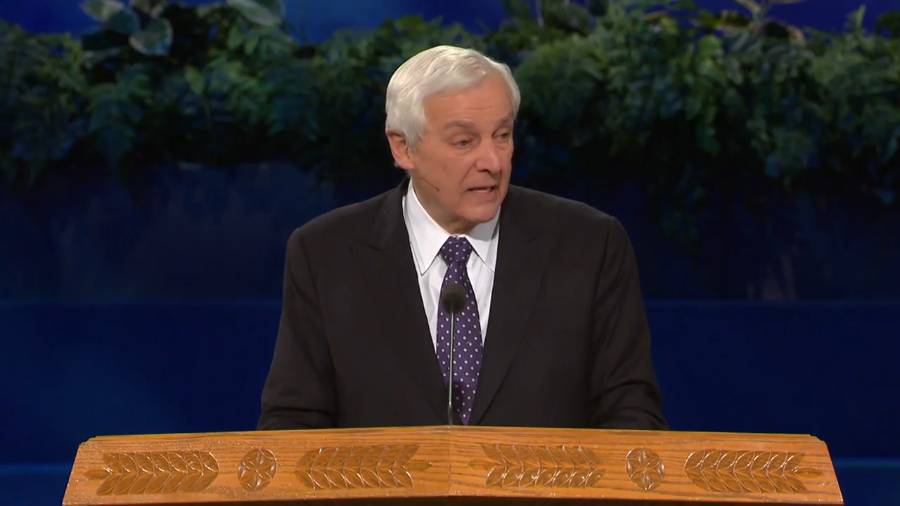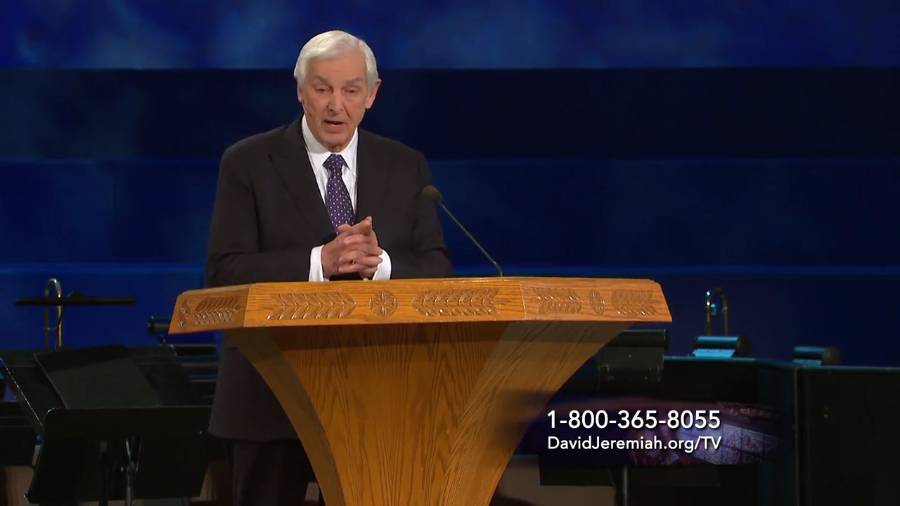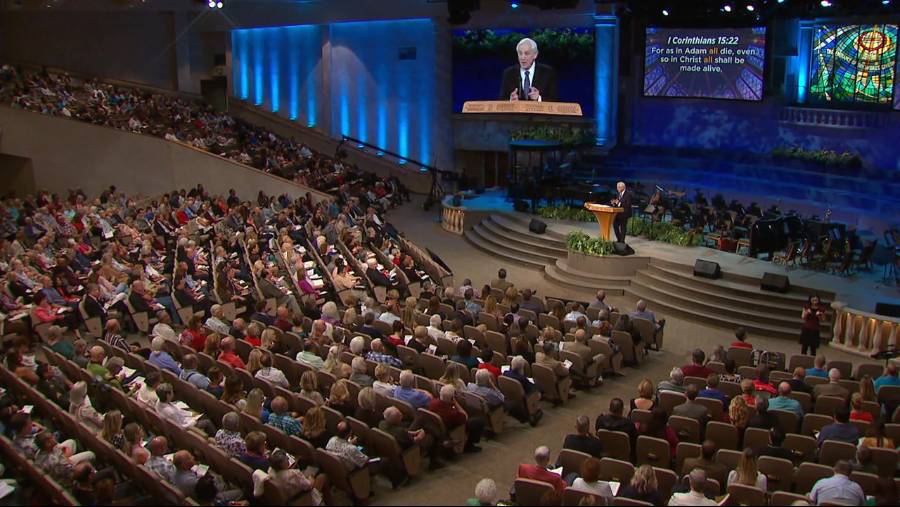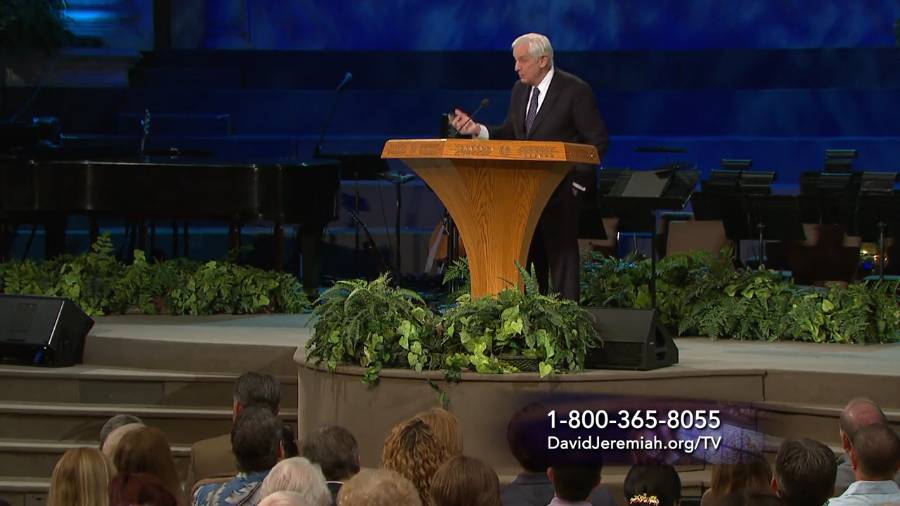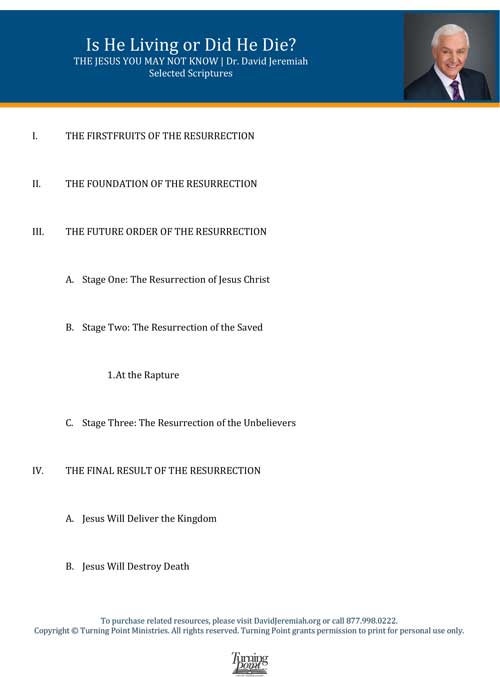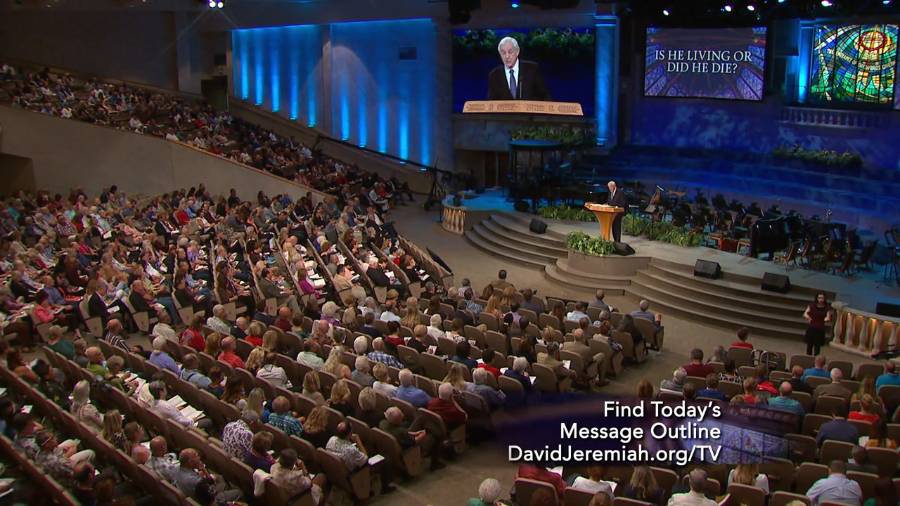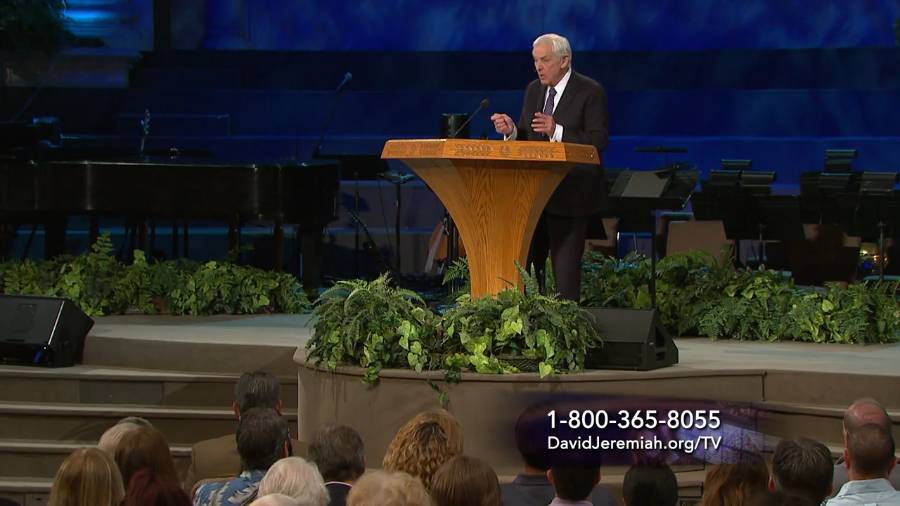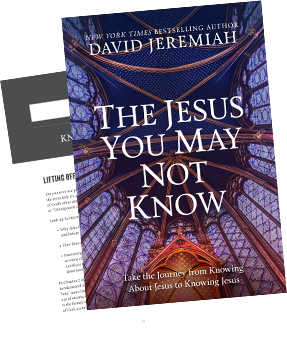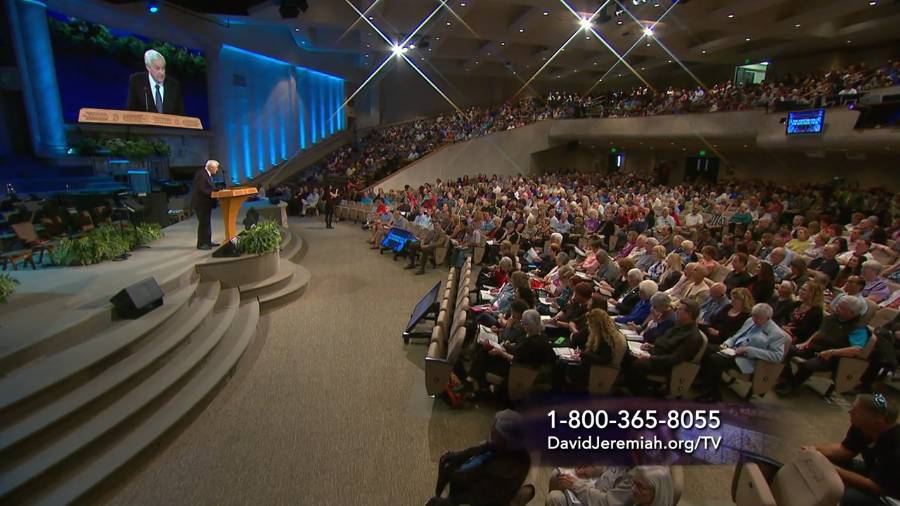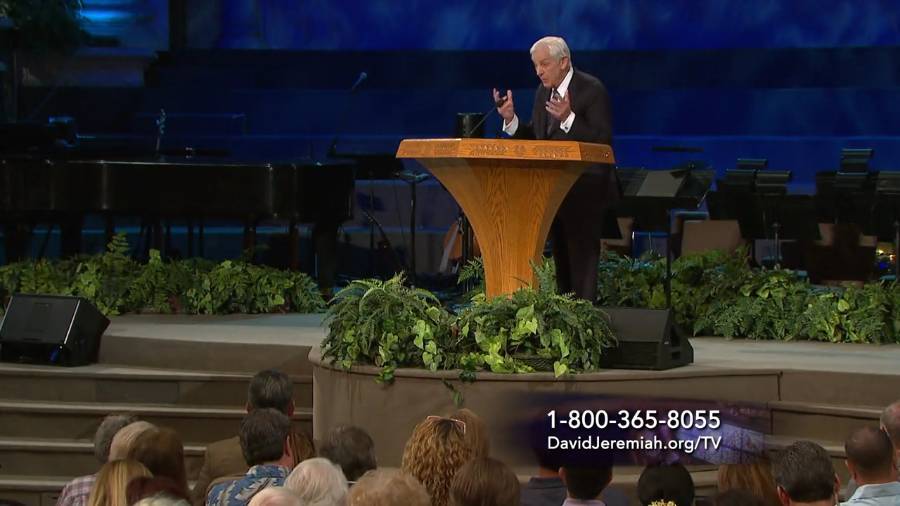The Jesus You May Not Know
Learn toFathomJesus like never before
Resources from David Jeremiah to aid in your journey from knowing about Jesus to knowing Jesus.
Is He Living or Did He Die?
Thanks for downloading your free resource!
Thanks for downloading your free resource!

Bethlehem’s Promise
By David Jeremiah
The Promise of Prophecy
The wistful words “O come, O come, Emmanuel, and ransom captive Israel that mourns in lonely exile here until the Son of God appear” have welcomed the Christmas season for hundreds of years. They remind us of an age, long before Christ’s first coming, when God’s people yearned for the fulfillment of prophetic promises regarding the coming Messiah.
Today we celebrate Jesus’ birth as a past event and a present reality. When Jesus Christ stepped into our world, He fulfilled more than three hundred Old Testament prophecies and forever freed us from the bondage of sin. He said, “All things must be fulfilled which were written in the Law of Moses and the Prophets and the Psalms concerning Me” (Luke 24:44). There is no doubt that Jesus is the promised Messiah.
Because we live two thousand years after the fulfillment of these prophecies, it’s easy to overlook the wonder of it all. Just think, Isaiah prophesied the virgin birth more than seven hundred years before it occurred (Isaiah 7:14). Around the same time, Micah predicted the King would be born in an obscure Judean town called Bethlehem Ephrathah (Micah 5:2). And around 600 B.C., Jeremiah predicted Herod’s massacre of infants (Jeremiah 31:15).
The Promise of the Incarnation
One of the most misunderstood aspects of Jesus’ incarnation is His dual nature. He was God in the flesh of humanity. But why would God become Man?
In John 14:9 Jesus says, “He who has seen Me has seen the Father.” Jesus’ incarnation revealed God to us. Without it, we would not have a correct understanding of God the Father.
Ephesians 1:7 provides additional meaning: “In Him we have redemption through His blood, the forgiveness of sins, according to the riches of His grace.” Jesus became one of us so that He—the only sinless Man—could represent mankind on the cross and pay the penalty for our sins.
If God had not become a Man, humanity would have no hope.
The incarnation allowed Jesus to understand our struggles because He experienced everything that we experience—apart from sin. Hebrews 4:15 says, “For we do not have a High Priest who cannot sympathize with our weaknesses.”
Look up John 1:1; 8:58; 10:25–39. What proof do you find for Jesus’ deity?
In what ways did Jesus seek you out before you trusted Him for your salvation? How will you demonstrate gratitude to Him for saving you from a hopeless eternity?
The Promise of Hope
Christmas has a profound effect on people. For some, it is a season of joyful reflection on the redemptive work of Jesus Christ. But for those living apart from Christ, it often brings despair. Advertisements for shiny gadgets, holiday movies about reunited couples, and Christmas cards of picture–perfect families reinforce the emptiness of a Christless existence and magnify unmet needs.
But all of God’s children are invited to “come boldly to the throne of grace, that we may obtain mercy and find grace to help in time of need” (Hebrews 4:16). No matter what we may have experienced, God has been right alongside us. Regardless of our circumstances, we have the promise of His love.
Christ’s life and death not only extend hope for the present, they also promise hope for eternity.
As Jesus hung on the cross, He assured the repentant thief next to Him, “Assuredly, I say to you, today you will be with Me in Paradise” (Luke 23:43). And Hebrews 5:9 says, “Having been perfected, He became the author of eternal salvation to all who obey Him.” Those who live for Christ have the promise of heaven.
Read Hebrews 7:25. How do these words give you hope for the future?
God wants you to share the message of salvation with someone. Ask Him for the wisdom to know who needs to hear His message and how you should present it.
The Promise of Christ’s Return
Most people know the lyrics to Isaac Watts’ famous hymn, “Joy to the World,” but few realize it is not about Christmas. A quick look at some of the lyrics will explain why: “Let earth receive her King.” Did mankind receive the King when Jesus was born in Bethlehem? “Joy to the earth, the Savior reigns!” Has nature rejoiced at the coming of Christ? “No more let sins and sorrows grow.” Has the curse been lifted from the earth?
The words of this great hymn describe a future era when Christ will rule over the earth at His Second Coming. During this thousand–year period known as the Millennium, Christ will bring peace and justice to the earth and establish His kingdom in Jerusalem.
Scholars have identified 1,845 biblical references to the Second Coming of Christ—that outnumbers references to the first coming by a factor of eight to one!
According to Scripture, only the Father knows when Jesus will return, but there is no doubt that He will return to fulfill every prophecy.
Let’s hold fast to the hope we have in Jesus. Let’s embrace the joy of knowing that one day the earth will receive her King.
Read Isaiah 11:1–10 and Revelation 20:1–10. How do these passages describe the Millennial Kingdom that follows Christ’s Second Coming?
What details of these descriptions indicate that the Millennial Kingdom has not yet begun?
What do the following Scriptures say about Christ’s reign?
Psalm 72:11
Isaiah 9:7
Isaiah 60:21
Zechariah 9:10
Luke 1:32–33






